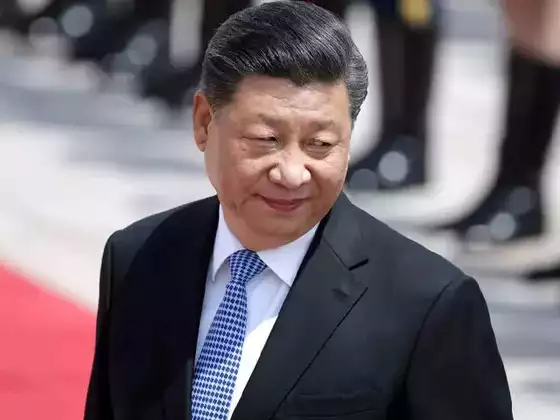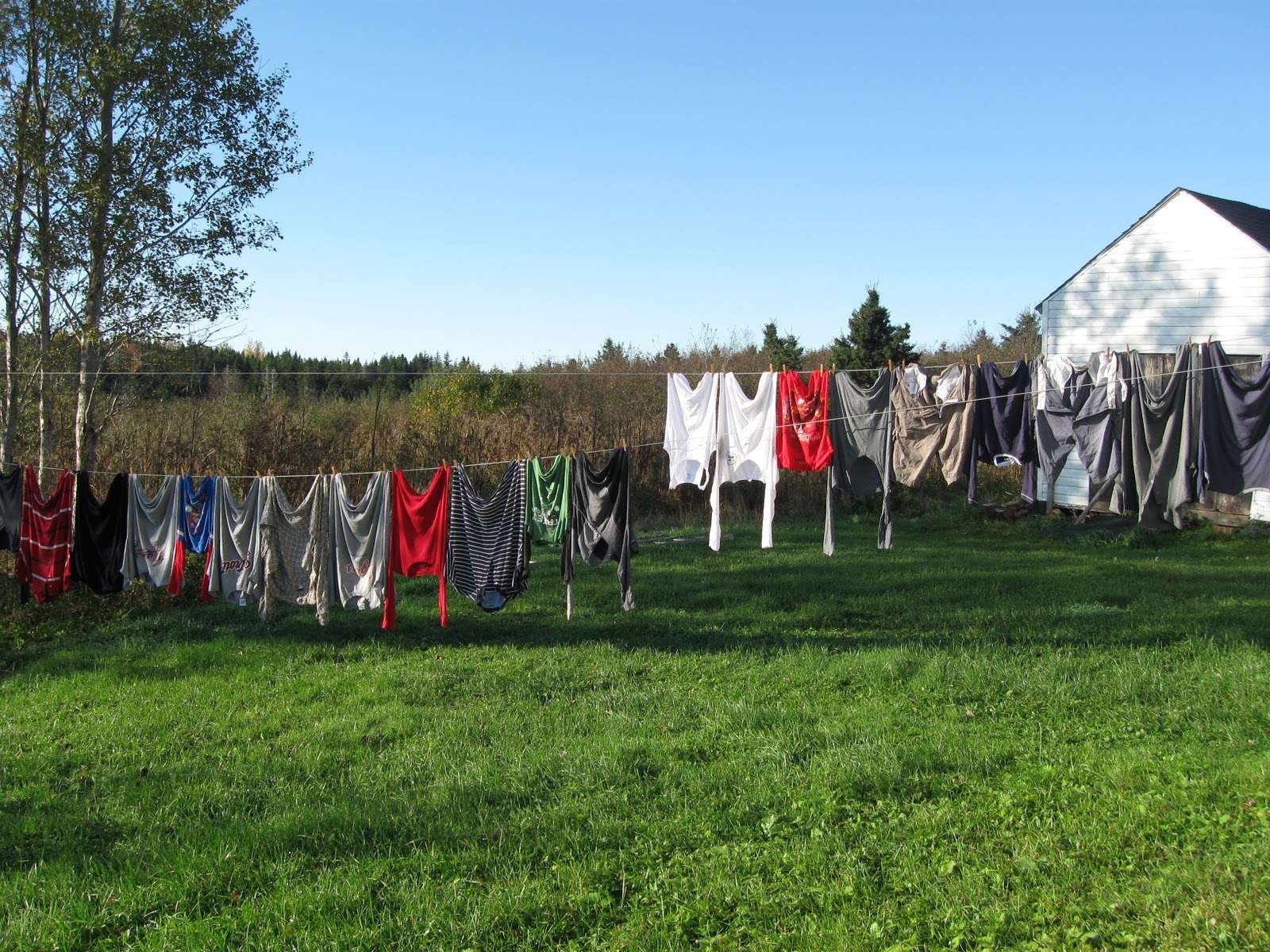Two Hindu temples in the GTA had reported acts of vandalism in the last few months. Last year, a Khalsa religious school was also vandalised in Brampton, a large city bordering Toronto that has the highest concentration of Indians in Canada, a recent report in The Indian Express pointed out
Press reports indicate that Canada is trying to understand India’s recent advisory that noted “a sharp increase in incidents of hate crimes, sectarian violence and anti-India activities in Canada”. Leading daily Toronto Star pointed out: “The language employed by Indian diplomats was that which one might expect to be used more to describe Iraq, Libya or Afghanistan”.
The advisory from the Indian government followed among other incidents, the gunning down of an Indian student, Kartik Vasudev, was gunned down in front of a subway station in Toronto and the shooting of another Indian student, Satwinder Singh, in the Greater Toronto Area (GTA). However, the deaths of the Indian students were results of hate-motivated attacks or not have yet to be established. To top it all, the Toronto Police say they have not seen a notable increase in hate crimes targeting people of Indian or South Asian descent. Incidentally, two Hindu temples in the GTA had reported acts of vandalism in the last few months. Last year, a Khalsa religious school was also vandalised in Brampton, a large city bordering Toronto that has the highest concentration of Indians in Canada, a recent report in The Indian Express pointed out.
Many feel that the real cause for the advisory was the controversial September 18 “Khalistan Referendum” in Brampton, held by a pro-Khalistan organisation Sikhs for Justice (SFJ). While the organisers claimed a turnout of about 100,000, some said the figure was “wildly exaggerated”.
The advisory is being seen in Canada as a rebuke from New Delhi to the Justin Trudeau government and, perhaps, a reply to Trudeau’s support to the farmers’ protests in 2020.
Diaspora politics, over the last few years, has led to tensions between Sikhs and Indo-Canadian Hindus. Last year, at the height of farmers’ protests, there were support rallies and pro-Indian government counter-rallies in Canada, reported The Indian Express
It may be pointed out that the “referendum” has put many Sikhs in a quandary. There are quite a few of them who want nothing to do with the hardline groups like the SFJ but also not exactly die-hard supporters of the Indian government.
While the results of the referendum will be declared once the voting has taken place at other venues across Canada and places like London, Rome and Geneva, the SFJ has termed the advisory “a threat to the freedom of speech and expression of Sikhs in Canada who are supporting liberation of Punjab”.
SFJ’s general counsel Gurpawant Singh Pannun said in a statement that “the MEA is creating an atmosphere of ‘hate-mongering’ after the Modi regime failed to stop the Khalistan referendum through diplomatic channels”.
While the Khalistan issue has, for a long time, been a difficult issue between Sikhs and Hindus in Canada, Daljit Singh Sekhon, a religious leader who is a Khalistan supporter, says that there’s no threat of violence between the two communities.
Diaspora politics, over the last few years, has led to tensions between Sikhs and Indo-Canadian Hindus. Last year, at the height of farmers’ protests, there were support rallies and pro-Indian government counter-rallies in Canada, reported The Indian Express.
Beyond the Indian diaspora, too, the advisory was a major talking point. A report in The Globe and Mail noted in its headline: “Indian students warned of hate crimes in Canada”. The focus on students is important because Canada is a major destination for Indian students.
*********************************************************************
Readers
These are extraordinary times. All of us have to rely on high-impact, trustworthy journalism. And this is especially true of the Indian Diaspora. Members of the Indian community overseas cannot be fed with inaccurate news.
Pravasi Samwad is a venture that has no shareholders. It is the result of an impassioned initiative of a handful of Indian journalists spread around the world. We have taken the small step forward with the pledge to provide news with accuracy, free from political and commercial influence. Our aim is to keep you, our readers, informed about developments at ‘home’ and across the world that affect you.
Please help us to keep our journalism independent and free.
In these difficult times, to run a news website requires finances. While every contribution, big or small, will makes a difference, we request our readers to put us in touch with advertisers worldwide. It will be a great help.
For more information: pravasisamwad00@gmail.com








